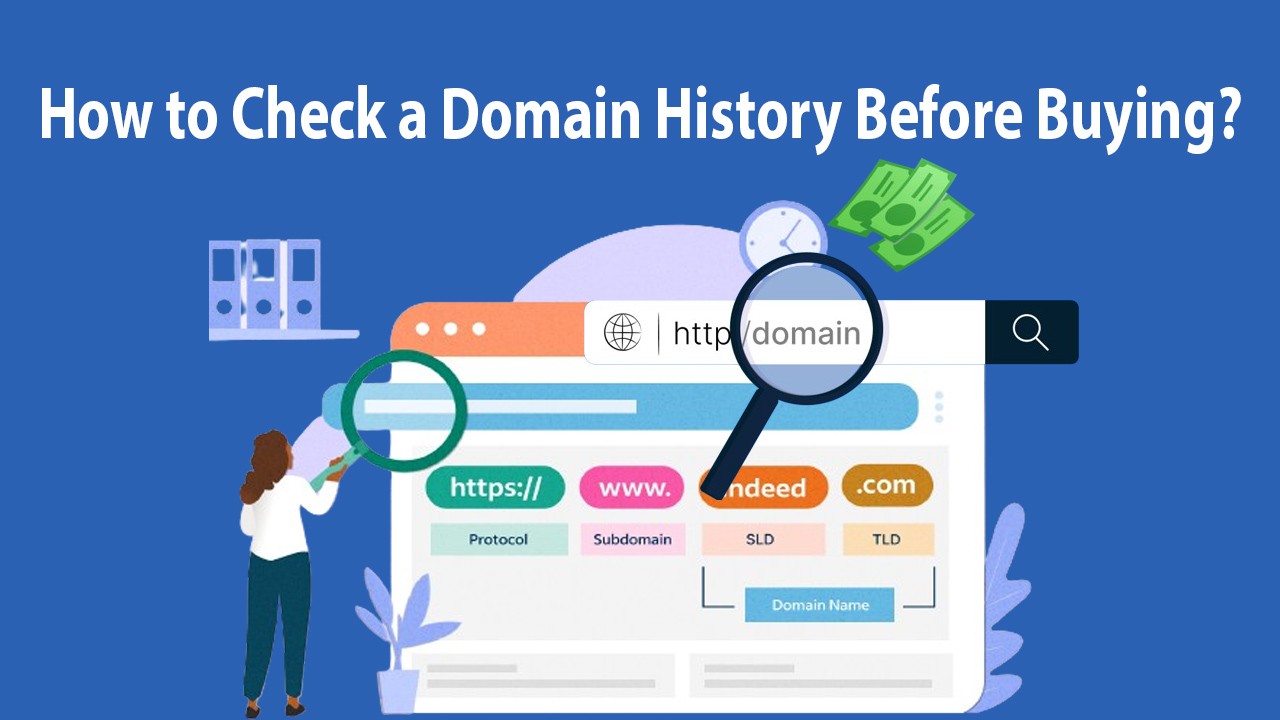With the rapid advancement of technology, organizations are facing new challenges in managing employee communications. As private communication meets the definition of personal data (as described in Article 4 of the GDPR), organizations must prove that collecting and monitoring this information is lawful. In modern workplaces incorporate various communication channels, the question arises: Can employers monitor their employees’ personal communications? In this article, we will delve into the legal, ethical, and privacy implications surrounding employee monitoring and provide answers to common questions on this sensitive topic.
Is Employee Monitoring Legal?
The legality of employee monitoring varies depending on the country, state, and local laws. In many jurisdictions, employers have the right to monitor employees’ communications on company-owned devices and networks. However, the extent of monitoring and the necessity of informing employees about it may differ. It is crucial for organizations to familiarize themselves with applicable labor and data protection laws to ensure compliance.You have to use GDPR employee monitoring software.
What Communication Channels Can Employers Monitor?
Employers can typically monitor communication channels that are owned or provided by the company. This includes work email accounts, company-issued devices, and instant messaging systems used for work purposes. However, monitoring personal devices or personal email accounts of employees is generally considered a violation of privacy rights.
What Are the Ethical Implications of Employee Monitoring?
Ethically, employee monitoring raises concerns about privacy, trust, and respect in the workplace. While employers may have valid reasons for monitoring work-related communications, excessively invasive monitoring may create a negative work environment and erode employee trust. Striking a balance between organizational needs and employee privacy is crucial.
Can Employers Use Employee Monitoring for Performance Evaluation?
Employers may use monitoring data for performance evaluation as long as it is limited to work-related communications and adheres to company policies. Transparency about monitoring practices is essential to avoid misunderstandings and ensure employees understand how their communication may be used for evaluation purposes.
What Is the Role of Employee Consent?
In many jurisdictions, employee consent is required for monitoring personal communications. Employers should obtain explicit consent from employees for monitoring work-related communications on company-owned devices. However, monitoring personal communications on personal devices without proper consent is generally considered illegal and unethical.
Can Employee Monitoring Improve Security?
Employee monitoring can contribute to improved security by detecting and preventing unauthorized activities or potential security breaches. Monitoring work-related communications can help identify security risks and address them proactively.
How Can Employers Protect Employee Privacy?
To protect employee privacy, employers should establish clear and transparent monitoring policies. They should communicate these policies to employees and seek their consent for monitoring where applicable. Employers must also ensure that monitoring is limited to work-related communications and does not infringe upon employees’ personal lives.
Conclusion
The question of whether organizations can monitor employees’ personal communications is complex, involving legal, ethical, and privacy considerations. While employers have the right to monitor work-related communications on company-owned devices and networks, it is essential to respect employees’ privacy rights and adhere to applicable laws and regulations.




